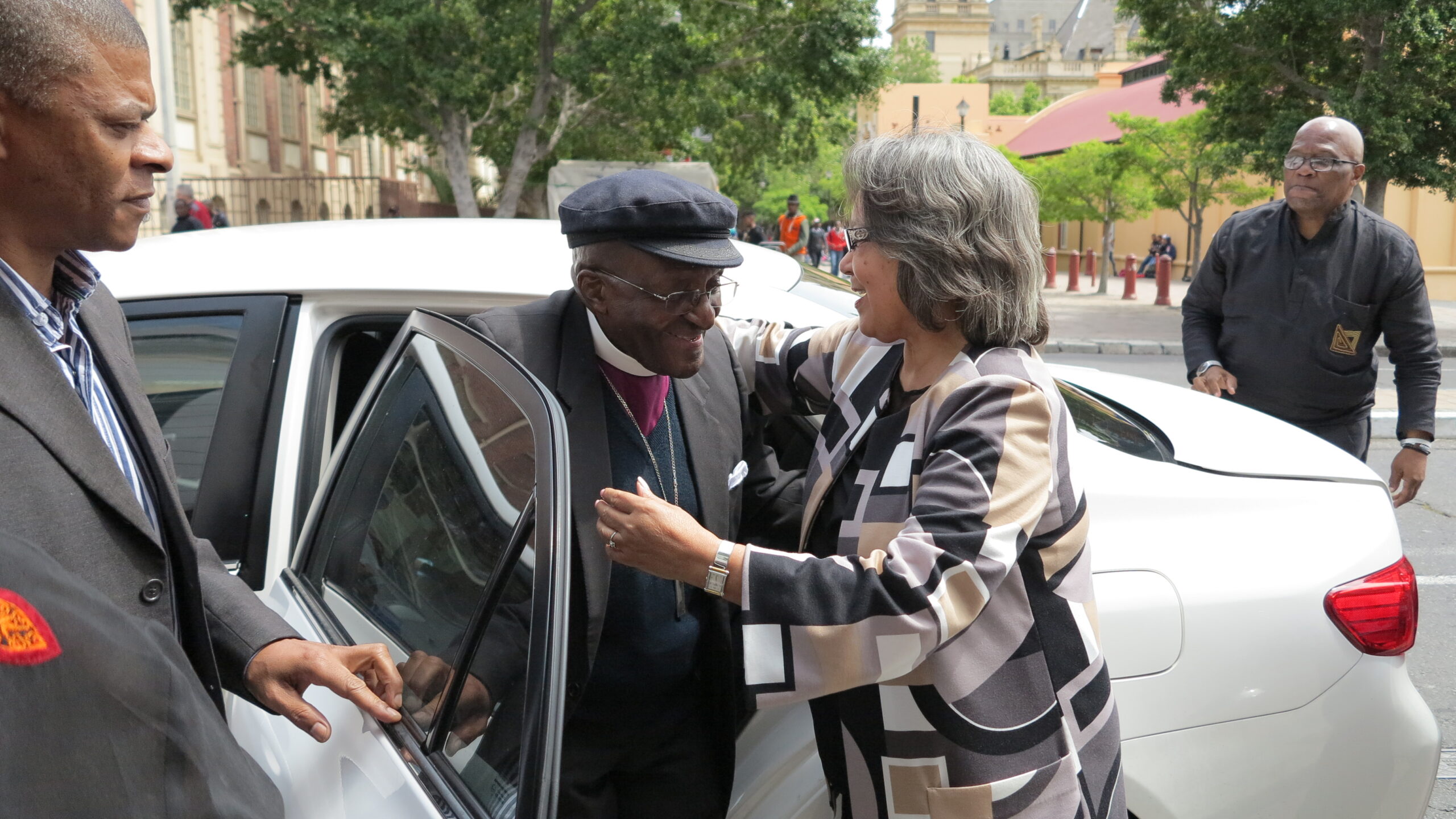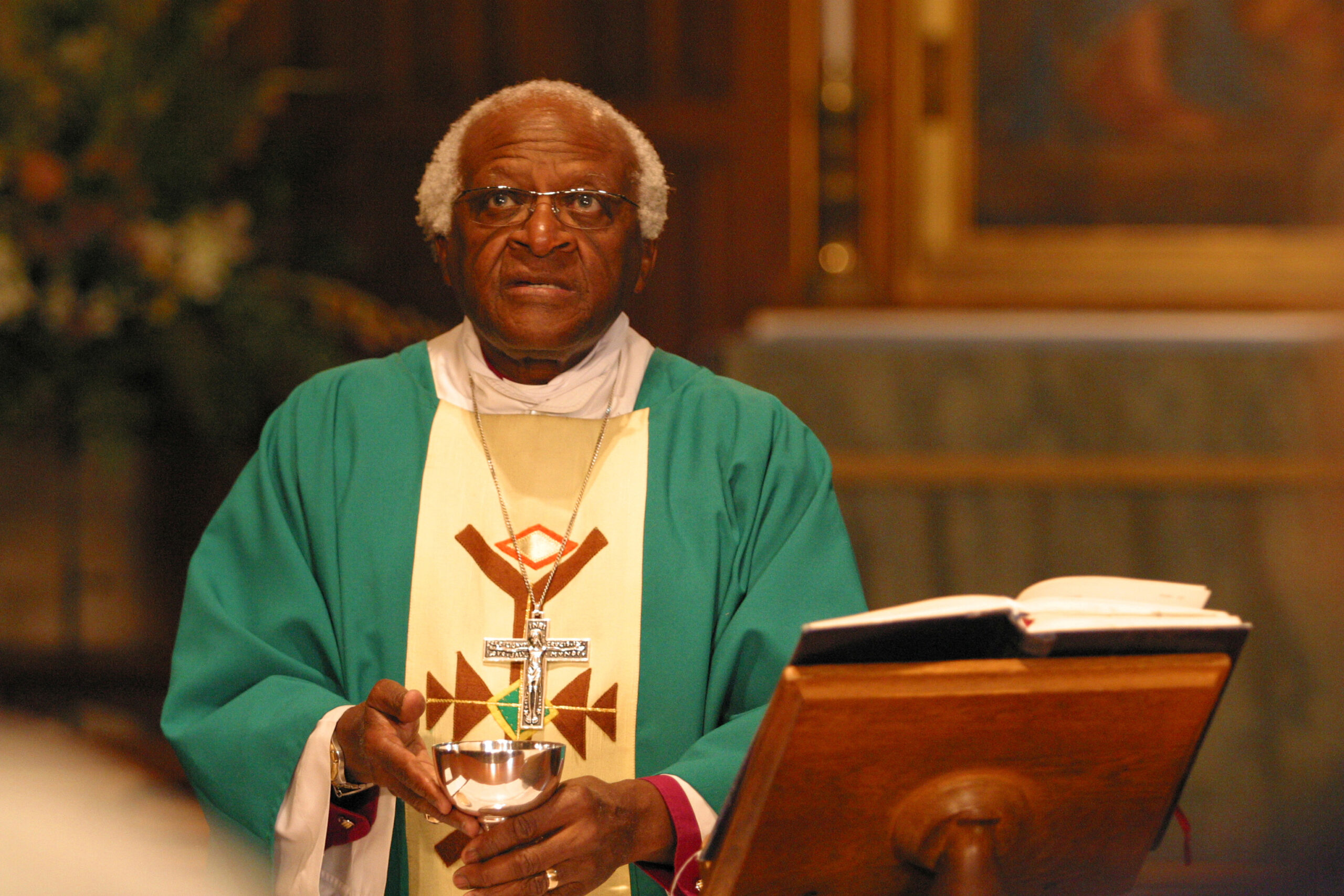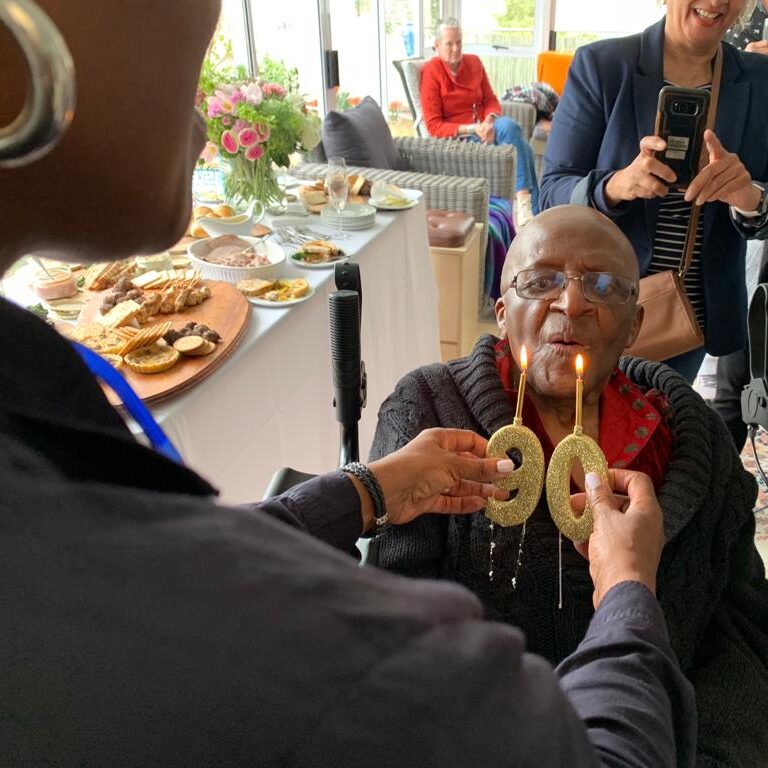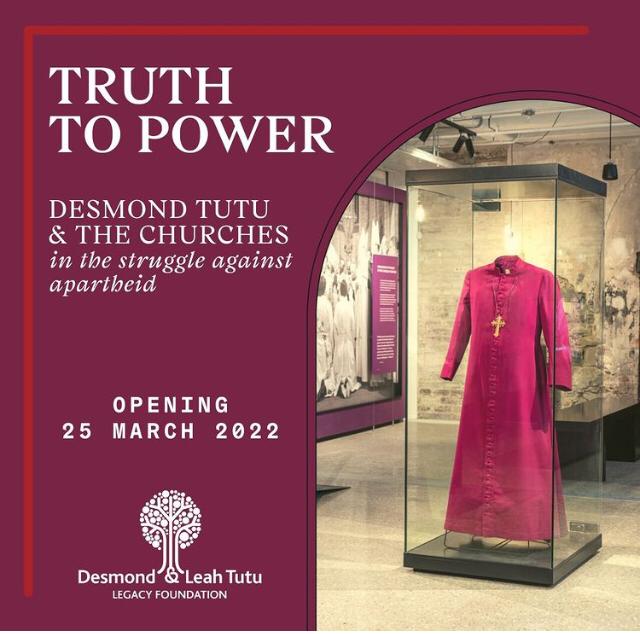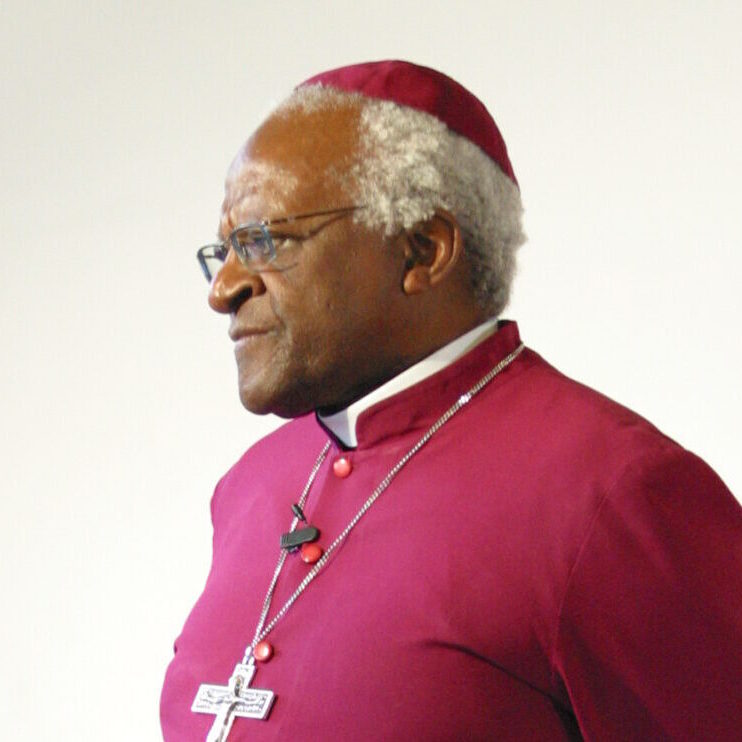ISRAEL’S BOMBS FERTILIZE GLOBAL HATRED AND DIVISION
What Israel is doing in Gaza is not exercising its right to defend its citizens, as it says. It is exacting collective revenge against the civilian population of Palestine that will reverberate long after it withdraws its troops and stops the bombing.
The fact that world leaders are too consumed by narrow geopolitical agendas to be able to agree on a UN resolution calling for ceasefire is an abomination.
Genocide is not a word to be loosely bandied about.
In 1948, the same year that the State of Israel was established, the United Nations Genocide Convention defined genocide as “acts committed with intent to destroy, in whole or in part, a national, ethnical, racial or religious group”.
It described five such acts, the presence of only one of which is sufficient to meet the definition: Killing members of the group, causing them serious bodily or mental harm, imposing living conditions intended to destroy the group, preventing births, and forcibly transferring children out of the group.
When you see the sustained bombing of civilian neighborhoods; the piles of injured and dead, including so many young ones; the anguish on the faces of parents; the withholding of water, electricity, medical supplies and fuel to the point that mothers are undergoing caesarians without anesthetics because there aren’t any; and the children being scarred for life…
When you consider that Gazans are being told to move for their own safety, without fuel to put into their cars, while the roads are being bombed, and traditionally safe spaces such as hospitals, schools, mosques and churches are being bombed…
When you know that critically needed medical supplies are blocked at the border, that trauma specialists are denied access to treat injured patients, that doctors in Gaza are forced to watch people die on the floor because there are no supplies to treat injuries, there can be no doubt that Israel’s actions in Gaza meet the definition of genocide.
As the late Archbishop Tutu said, the Holy Land is no ordinary piece of real estate. It is the center of the world for adherents of the Muslim, Jewish and Christian faiths. And a symbol of intractable human conflict for everyone else. What happens there reverberates, across the Middle East and throughout the world. It creates a rationale for hatred, division and violence.
Human beings don’t operate in a vacuum. Acknowledging our dependence on each other mitigates our vulnerabilities. When we believe we are invulnerable, regardless of what we do to others, we are in fact at our weakest.
The people of Israel and Palestine depend on each other for peace that won’t come through the barrels of Israeli Defence Force or Hamas guns… Peace that is beyond the realm of extremist leaders.
The people of Israel and Palestine are crying out for help, but the UN’s hands are tied in a knot of vetoes. It’s had its hands tied and re-tied for more than 70 years. How many more children must die while the world watches on TV and does nothing to stop it?
We add our voice to those of global civil society calling for an immediate ceasefire and dialogue towards the establishment of a Holy Land where both Jews and Palestinians can live in peace as a human community.
Statement from Dr Mamphela Ramphele, Chair of the Archbishop Desmond Tutu IP Trust


